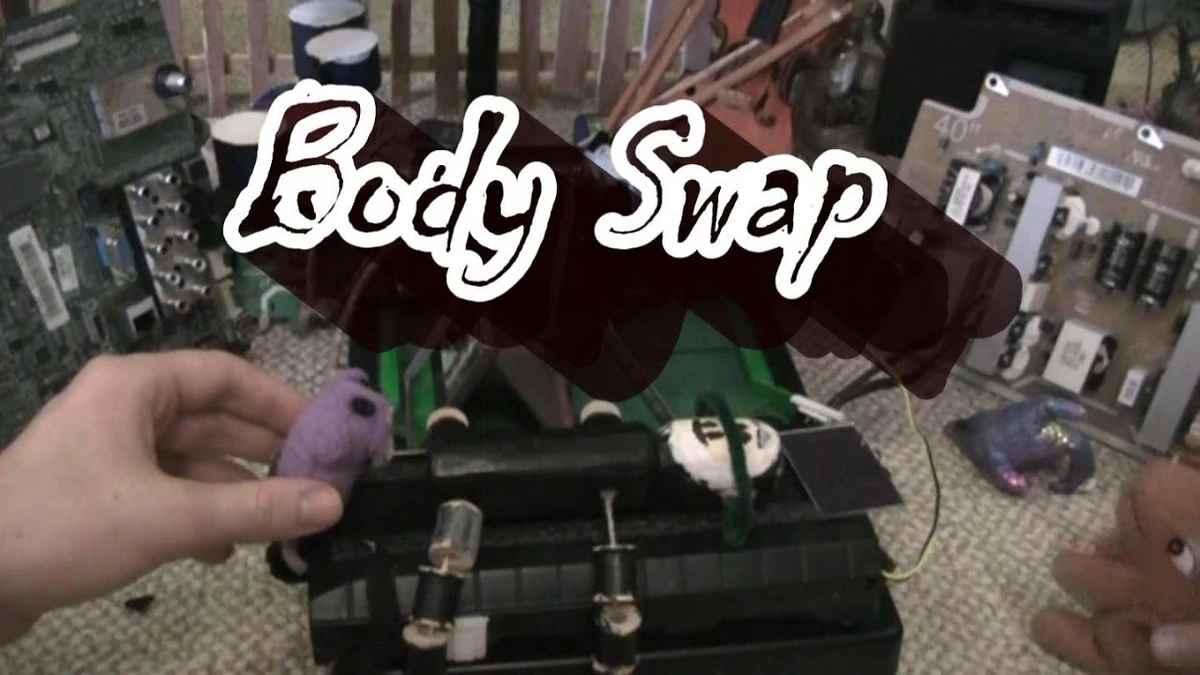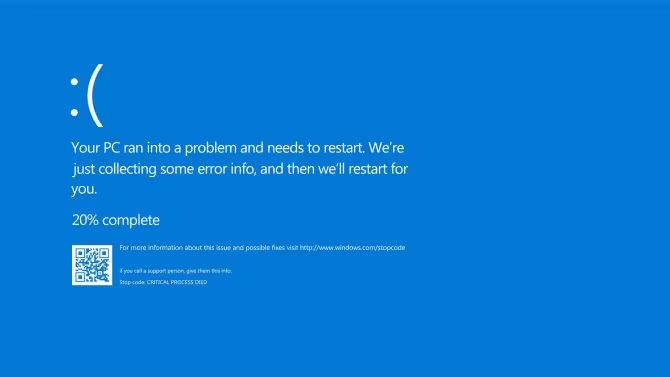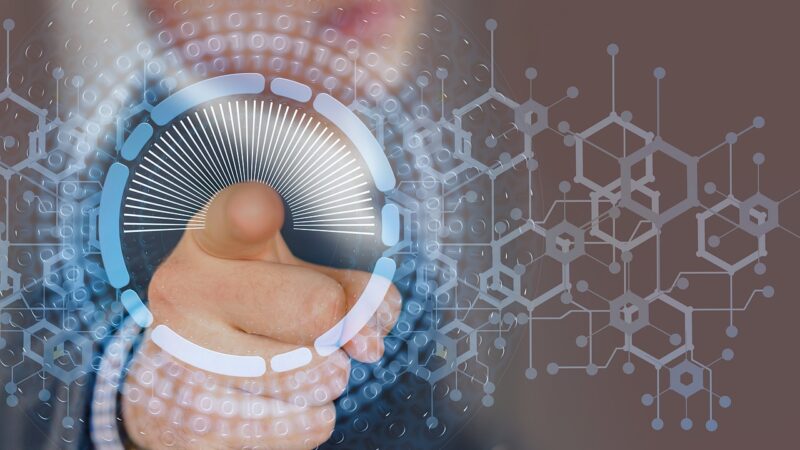Body swap

The idea of two people temporarily exchanging bodies has featured in many films and novels. Neuroscientists at the Karolinska Institute have just developed technology that tricks the brain into creating the illusion of an out-of-body experience.
Now neuroscientists Valeria I. Petkova and H. Henrik Ehrsson, from the Karolinska Institute in Stockholm, have developed a technology that tricks our brain into creating the illusion of an out-of-body experience . Details are published today in the journal PLoS ONE .
In a series of experiments using virtual reality diving suits, researchers had volunteers experience the illusion of swapping their bodies with that of a plastic mannequin.. “We were interested in a classic question that philosophers and psychologists have discussed for centuries: why we believe that the self is inside our bodies,” explained project leader Henrik Ehrsson. “To study this scientifically we resort to tricks, perceptual illusions.” And it worked. In fact, identification was achieved to the point that when the researchers held a knife against the mannequins, the subjects who identified with them experienced signs of psychological stress similar to what they would have if they were being attacked: rapid pulse, increased sweating and the conductivity of the skin,…
The researchers took it a step further by placing two volunteers with these devices to produce a reciprocal sensation of body switching between real people. When shaking hands, both subjects processed the sensation of shaking hands with themselves.
The results suggest that the brain constructs its sense of identity with a body primarily through sight, and not so much through the sensations it receives from the muscles, joints and skin.
Possible future applications
The revolutionary discovery made by the Karolinska Institute, which allows the brain to be tricked into feeling an out-of-body experience , opens the door to a range of possible applications in the future. These applications go beyond simple experimentation and can significantly influence fields such as therapy and entertainment. However, it also challenges us to reevaluate our relationship with reality and how we perceive our identity.
1 – Therapy :
- Body Dysmorphism Treatment : People who suffer from body image disorders may benefit from experiencing their existence from a different body, allowing them to see and feel from a different perspective.
- Post-Trauma Rehabilitation : Accident victims who have lost mobility or suffered physical damage could use this technology to experience a sense of normality, which could accelerate the process of acceptance and psychological rehabilitation.
- Anxiety and Phobias Treatment : Immersion in a different body in a controlled environment could help people confront specific fears and phobias by detaching their real self from the experience.
2 – Entertainment :
- Video Games and Virtual Reality : Imagine a video game where you not only control a character, but you actually “are” the character. The immersion would be total and the experiences within the game could be much more intense and realistic.
- Cinema and Narrative Experiences : Instead of simply watching a story, you could experience it from the perspective of one of the characters, feeling their emotions and experiencing their surroundings.
- Virtual Tourism : Traveling to remote places without leaving home, but with the feeling of really being there, could be a possibility with this technology.
3 – Repercussions on Reality and Identity:
- Blurring Boundaries : As people become more immersed in these experiences, the line between reality and fiction may begin to blur. How will this affect our mental health and our perception of the real world?
- Identity Reconfiguration : If we can “be” different people or entities with ease, how will we define our core identity? The concept of self could become more fluid and complex.
- Human Relations : Interactions in a world where identities can be exchanged or altered can complicate how we relate to others. Empathy and prejudice could be influenced by these experiences.
The future looks like it will be entertaining, as well as complex.




